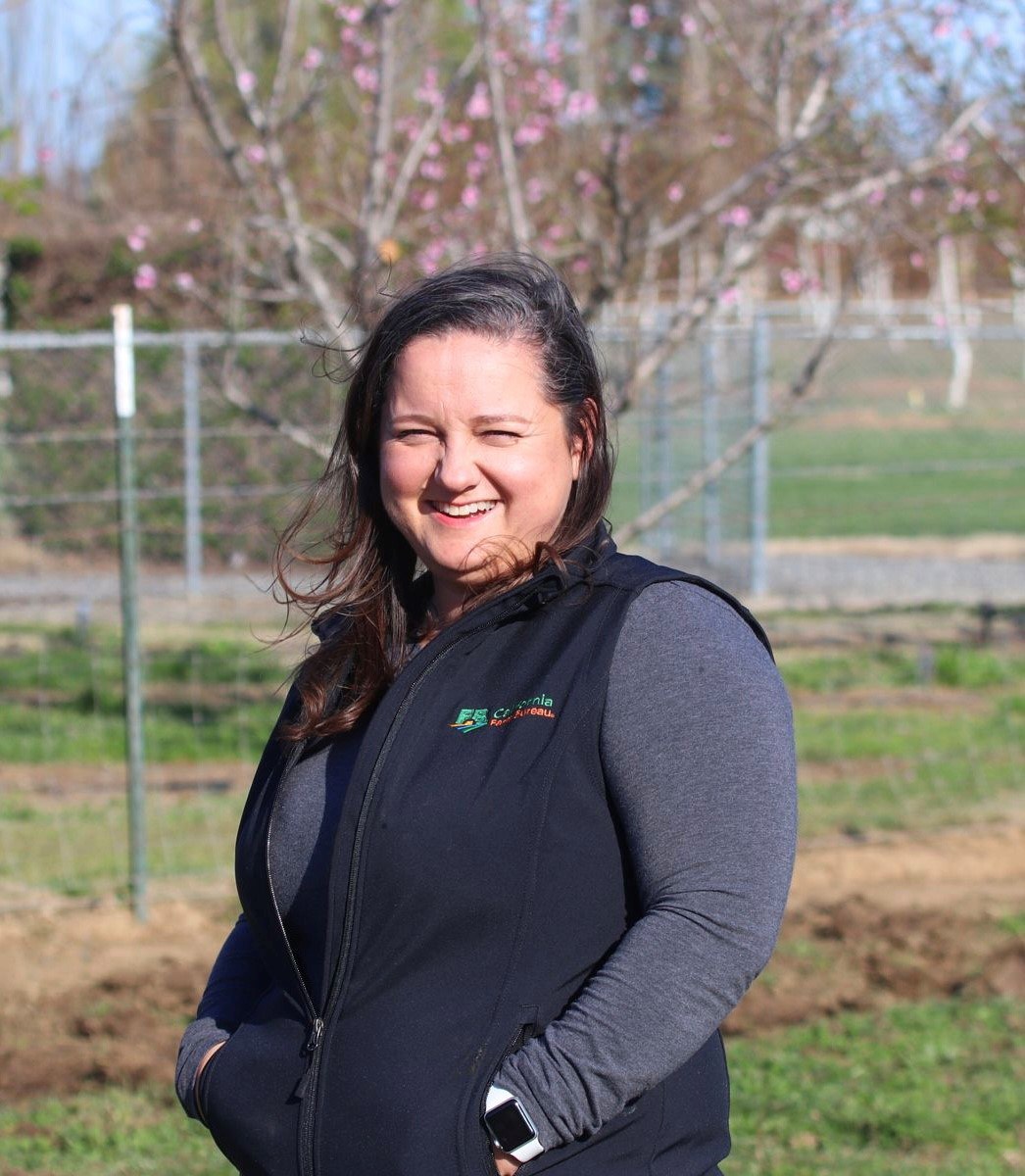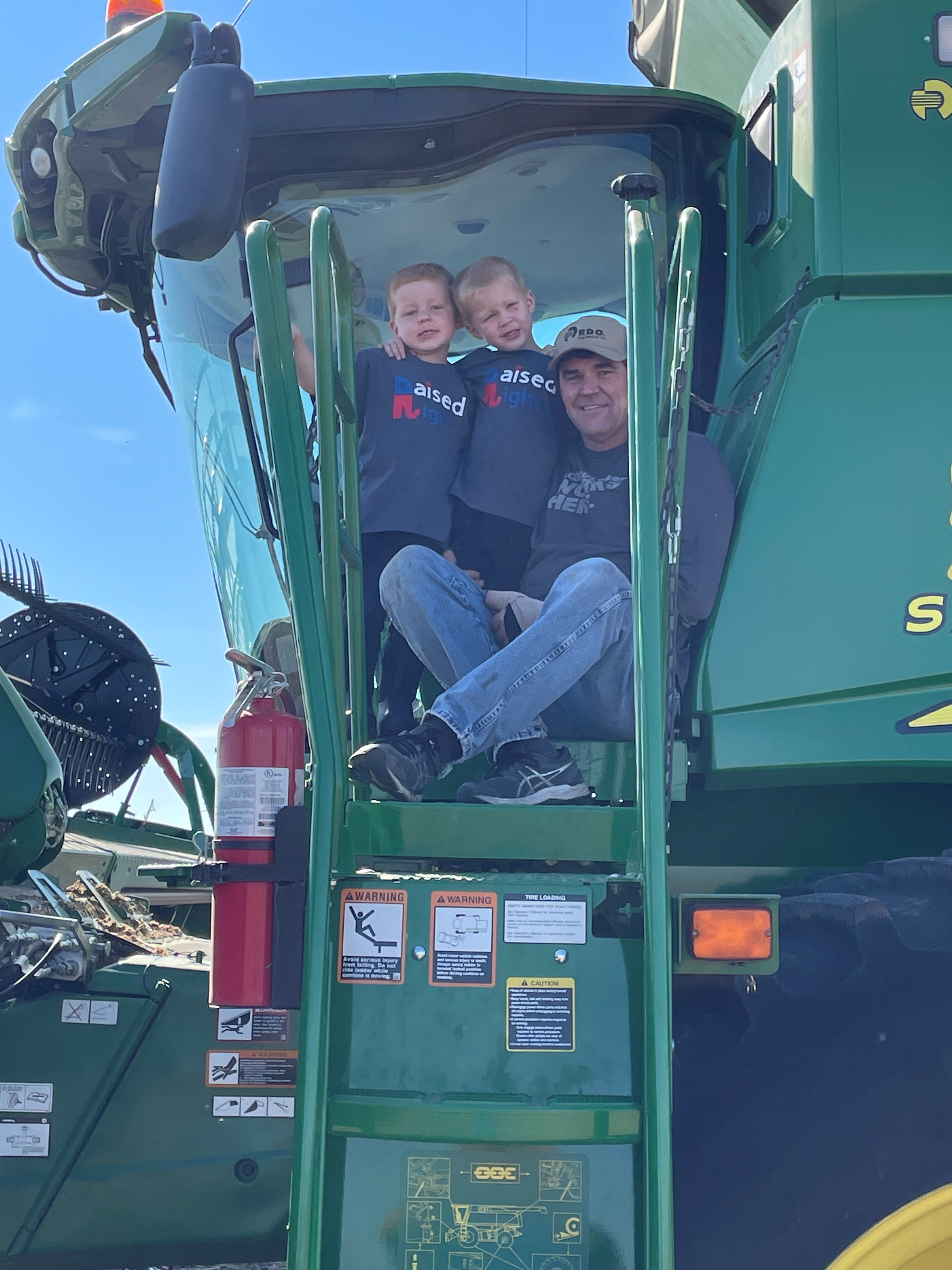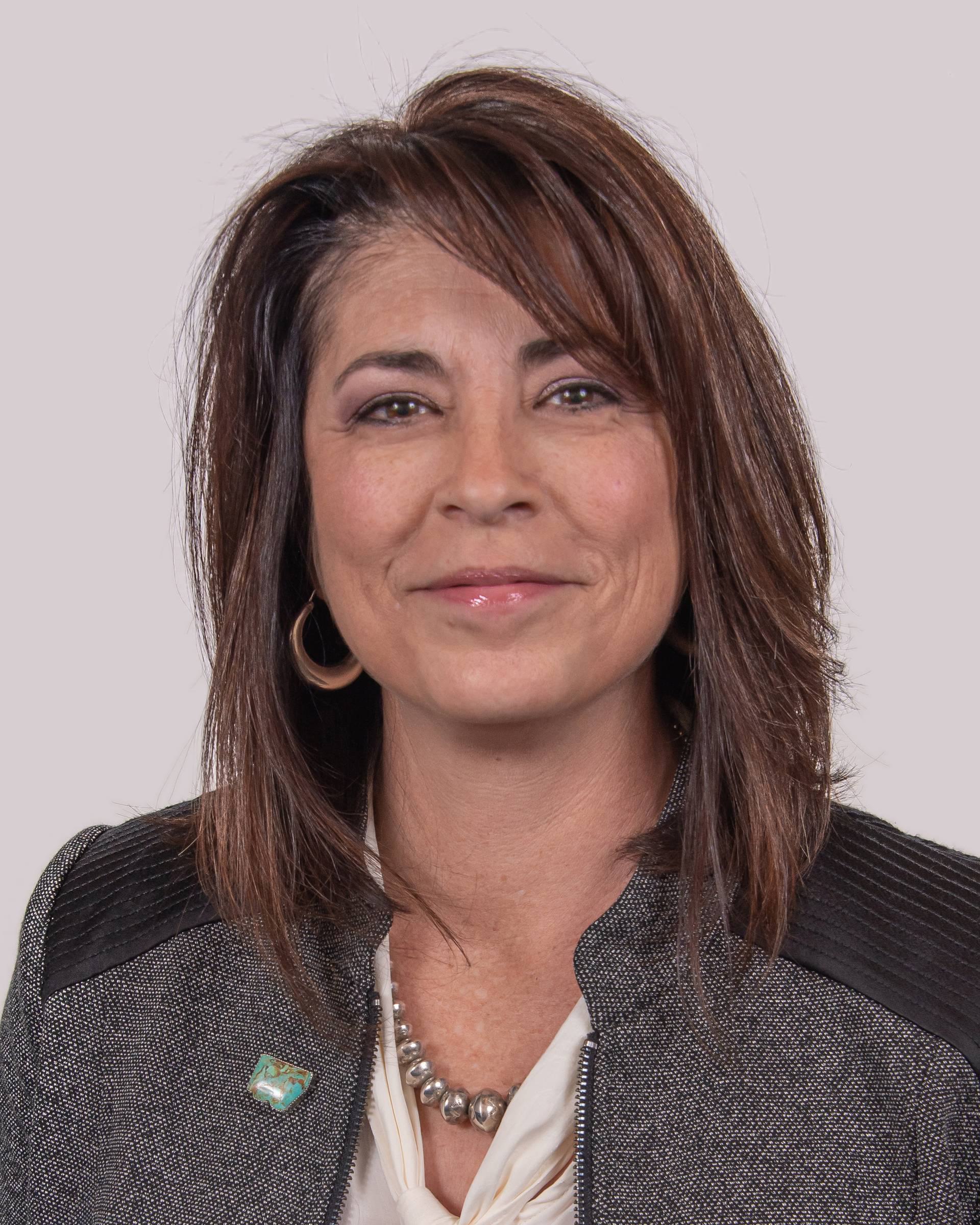Member Volunteers Build a Stronger Farm Bureau
AFBF Staff
By Cyndie Shearing
Member volunteers are the heart and soul of many grassroots organizations across the nation, including Farm Bureau. National Volunteer Week (April 17-23) is celebrated across the country to celebrate volunteers at every level. This article provides a glimpse into how several graduates of the American Farm Bureau’s Partners in Advocacy Leadership program use their time and talents serving as state Farm Bureau volunteer leaders.
What is your current volunteer role with your state Farm Bureau?
.jpg)
Angela Bailey
I am president of Oregon Farm Bureau.
Shannon Douglass
I serve as the 1st vice president of California Farm Bureau.
Jeff Gatzke
I am vice president of South Dakota Farm Bureau and in my fourth year in this role.
Stefanie Smallhouse
I am president of Arizona Farm Bureau.
What do you find most rewarding about being a Farm Bureau volunteer leader?
Angela Bailey
I love traveling throughout Oregon and meeting county Farm Bureau members and leaders. Oregon is a beautifully diverse state that includes both rainforest and high desert regions and supports over 240 agricultural commodities across 36 counties with population densities between 0.7 and 1,600 people per square mile.
Meeting the challenges of growing crops and raising livestock in such varying conditions requires equally diverse, and adaptable, individuals.
Engaging face-to-face with Oregon farmers provides me the opportunity to better understand and appreciate this diversity and the unique challenges for specific regions, commodities and farm families.
Shannon Douglass
It’s rewarding to know we make a difference and that the work we do at state houses and in Washington, D.C., improves the lives for our next generation of farmers. This work is hard, but it really matters.

Jeff Gatzke
The opportunity to connect with and learn from other agriculture leaders is very rewarding. Having the “Voice of Agriculture” in D.C. and within our state is also important, as well as networking with farmers and ranchers across our state.
The greatest takeaway from Farm Bureau that I cherish is the network of lifelong friends that I have made.
Stefanie Smallhouse
The volunteer space in Farm Bureau is filled with a diversity of people and types of agriculture, so the opportunities to learn and broaden ones’ perspective is constant.
What are you most proud of when it comes to your work with Farm Bureau?
Angela Bailey
From participating in Women’s Communications Bootcamp in 2013 to graduating from PAL Class 9, Farm Bureau has graciously provided many opportunities for me to invest in my abilities as an advocate and leader. Having the opportunity to promote and defend Oregon agriculture is an honor that makes me proud.

Shannon Douglass
I’m most proud of the legacy being left behind. I get to be a part of a lasting organization that matters as much (or maybe more) as it did 100 years ago. Farm Bureau truly is the voice of the American farmer and my training from AFBF and with the PAL program enables me to amplify that voice. While it can be hard to constantly feel like we work defense, I know that this work really does matter to the generation that will come after us.
Jeff Gatzke
We shared the perspective of our farmers about the need for an adjustment to the 2019 hay and grazing date for prevented planted acres with then-Agriculture Secretary Perdue, and he listened. The flexibility that was granted when the date was adjusted from Nov. 1 to Sept. 1 was a very important change that made a difference in having the necessary feed to care for our animals throughout the year.

Stefanie Smallhouse
Because of Farm Bureau’s unique diversity of membership in Arizona agriculture, it has always been top of mind for me that we lead in contentious situations. We focus on bringing all the players together to better understand the dynamics of the issue through transparent discussions and then follow through with actions on the part of all involved to solve problems in line with our policy. This has positioned us as a trusted advocate to our members and a trusted source of information and sincerity to other industry partners, regulators, policymakers and the media. Ongoing COVID-19 pandemic policies have made this type of advocacy more difficult, but I am very proud of what we have accomplished in the last four years.
Trending Topics
VIEW ALL